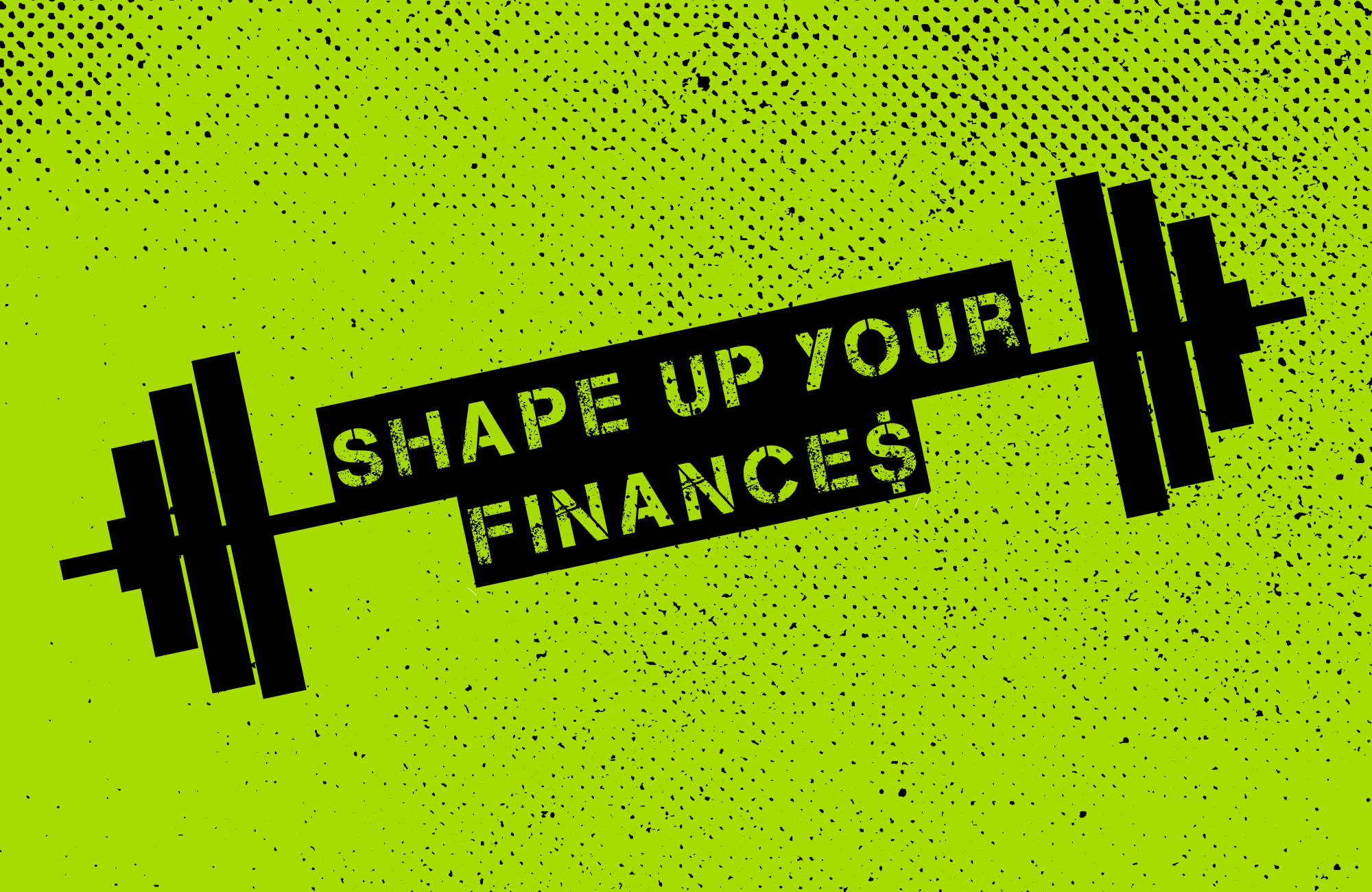
Financial Fitness Tips for First-Time Buyers
Financial Fitness Tips for First-Time Buyers
Summer is right around the corner and if you’re on a journey to get fit before bathing suit season, you probably have a fitness routine to help you stay on track. The same should be true for your financial fitness. Because Just like getting into top physical shape, getting into homebuying shape takes time and determination.
So, if you’re serious about hitting the pavement and making some strides towards homeownership, here are some tips.
SHAPE UP YOUR CREDIT
Just like weight loss, improving your credit score doesn’t happen overnight. In order to get started, you have to know where you stand. Just like stepping on a scale, checking your credit score might be something that you’re avoiding. Bad credit can be a deal-breaker when it comes to qualifying for a mortgage. Not only will credit help you qualify for a mortgage, but good credit can also help you score a better interest rate on your loan. Typically, buyers with a credit score of 740 or above qualify for lower interest rates. Have less than perfect credit? That’s ok. You’ll only need a credit score of 620 to qualify for most mortgage programs. If your credit isn’t where you need it to be, here is a blueprint that can help improve that score.
- If you haven’t lately, check your credit. Go to annualcreditreport.comto get a free copy of your credit report once a year. While it won’t tell your scores, it will tell you what has been reported on you from each credit bureau. You’ll see an accurate snapshot of your credit history and will also let you check that everything is being accurately reported.
- Talk to your lender. TowneBank Mortgage has a team of qualified credit specialist that can give you a step-by-step plan on how to increase your score
- Make payments on time
- Limit credit inquiries
- Use less than 50 percent of the available balance on your revolving credits (such as credit cards)
- You shouldn’t be afraid to use credit, but use it responsibly. Timely credit is a good thing, so don’t close old revolving debts.
TIP: If you used your credit card to do some holiday shopping, be sure to make all payments on time. On-time payments are the most important aspect of a credit score.
TRIM THE FAT
Are excess expenses weighing you down? When was the last time you shopped around for car insurance, cable, internet, or your cell phone plan? You could save tons of money each month by downsizing or renegotiating some of these contracts. You should also take the opportunity to eliminate any monthly subscriptions that you’re not using.
Then, take a look at your monthly income and expenses and determine how much you can realistically afford. You might be approved for more than your comfortable spending each month. Remember that owning a home comes with added expenses, such as regular upkeep, maintenance, and possibly homeownership association dues depending on your neighborhood.
Lastly, you’ll need to get an idea of how much money you want to put down on your home purchase. Don’t have a lot of savings? These days, there are tons of loan programs that offer low down payment amounts, such as the 3.5 percent down FHA loan.
CONSULT YOUR TRAINER
It’s always easier to reach your goals when you have an experienced professional by your side. Speaking with a qualified local lender will give you in-depth information and advice that is specific to your personal situation.
The best way to figure out how much you can afford and how much you will need to put down is to get pre-qualified from your loan officer.
Getting pre-qualified will allow you to more confidently shop for homes in your price range, and could even give you that extra edge when it comes to putting an offer in on a home.
For a personalized plan, call your local loan officer today.
The information contained herein (including but not limited to any description of TowneBank Mortgage, its affiliates and its lending programs and products, eligibility criteria, interest rates, fees, and all other loan terms) is subject to change without notice. This is not a commitment to lend.
< Go Back
